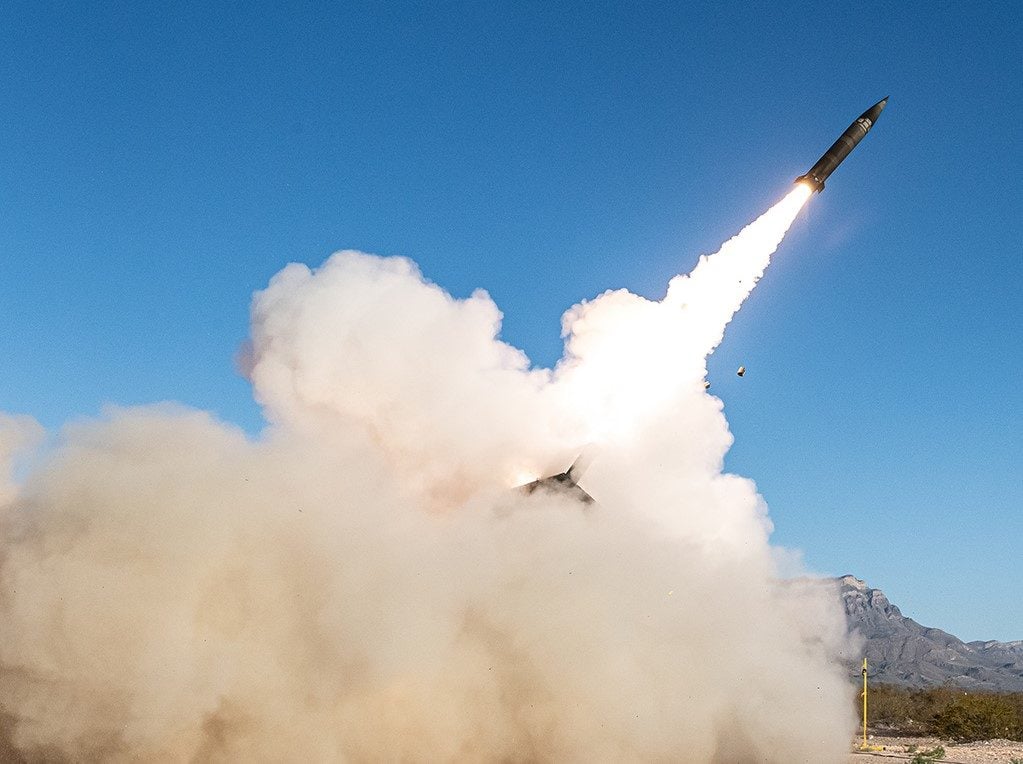Lockheed Martin is significantly ramping up its production of the Precision Strike Missile (PrSM) for the US Army, targeting an output of 400 units annually to satisfy the increasing demand for long-range strike capabilities.
This initiative aims to expedite the replacement of the aging MGM-140 Army Tactical Missile System, which has been in service since the 1990s. The PrSM represents a new generation of surface-to-surface precision weaponry for the Army, with the ability to engage targets at distances exceeding 500 kilometers (approximately 310 miles) while offering enhanced accuracy and operational flexibility. Notably, the missile’s open architecture facilitates modular upgrades, paving the way for extended-range options and seeker-equipped variations designed to track and engage moving targets.
The ramp-up in production follows a substantial contract awarded to Lockheed Martin in March 2025, valued at $4.94 billion, which is intended to transition the program from prototype stage to full-scale manufacturing. Furthermore, the PrSM initiative officially entered Phase C in July 2025, marking the commencement of large-scale production and the initiation of consistent combat-ready deliveries to Army units.
In response to this production surge, Lockheed Martin is amplifying its manufacturing capabilities across multiple facilities in the United States and strengthening its supplier network to maintain sustained production rates. This strategic enhancement underscores the company’s commitment to meeting both immediate and long-term military needs.
The escalation in missile production is part of a wider effort across the United States and allied nations to enhance missile production capacity, which has historically faced constraints. Various defense contractors are responding by expanding operations, launching new production lines, and securing essential raw materials to satisfy increasing operational and export requirements.
In a parallel development, Raytheon has expanded its production of AMRAAM missiles in Massachusetts to fulfill orders from international partners, including Poland, Japan, and Sweden. These advancements aim to eliminate previously existing bottlenecks related to propellant and motor casings, which have hampered timely deliveries in recent years.
Additionally, the Pentagon has initiated various programs under its Strategic and Critical Materials initiative, focusing on securing domestic sources for crucial materials such as missile-grade propellants, microelectronics, and rare-earth magnets. Historically, the industry has relied heavily on foreign suppliers for these essential components, highlighting the importance of domestic resilience in the defense supply chain.







